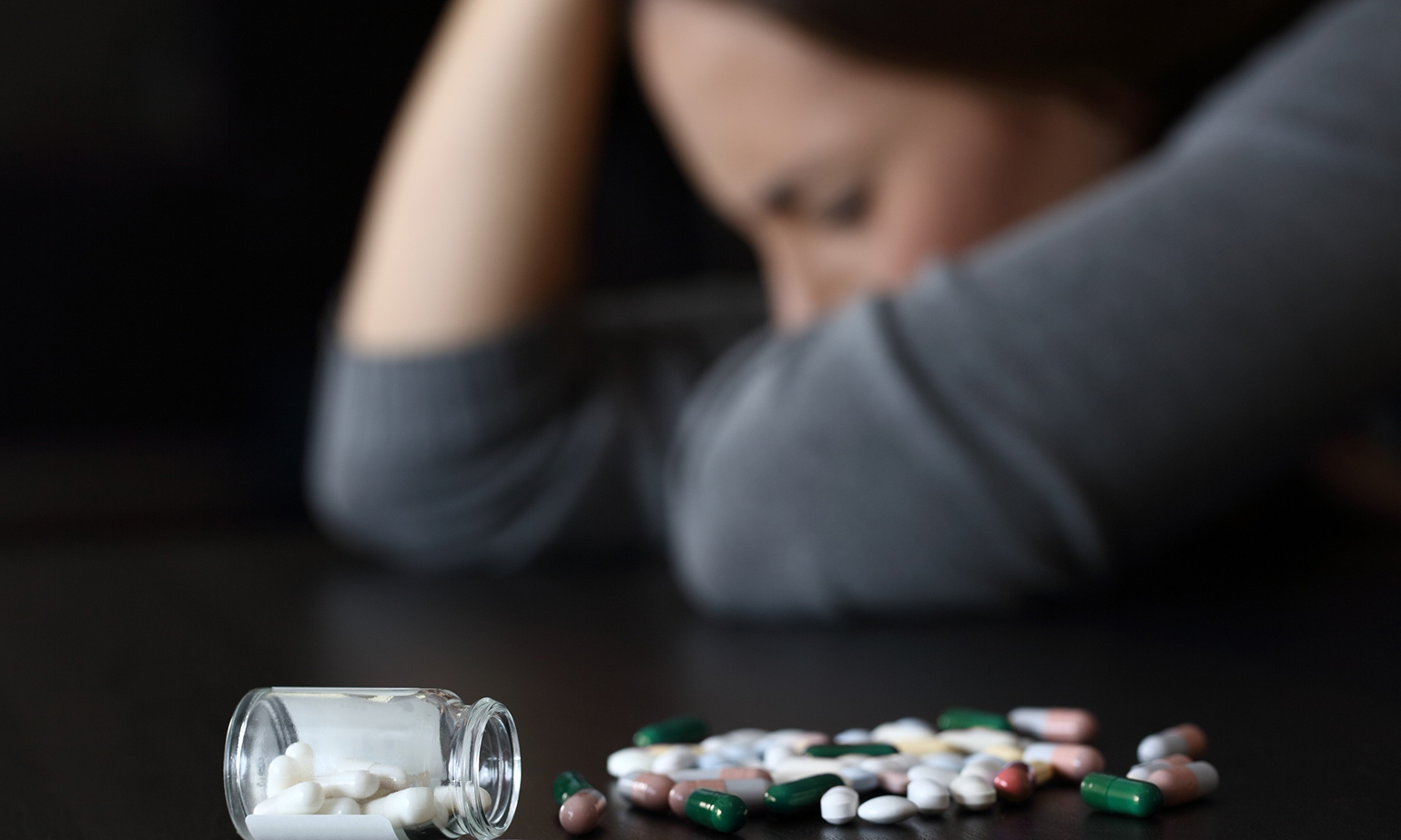Many people assume that drug addiction only happens to someone with weak willpower. But in truth, addiction is like most diseases; it doesn’t choose a personality, age, gender, or socioeconomic class. Anyone can become drug-dependent under the right conditions.
While it’s true that addiction starts with a person’s choice to do drugs, the causes often have deeper roots. Thus, if you want to stay clean, you have to strengthen more than just your willpower. You should also control your environment, lifestyle, and other life aspects. Because if you become exposed to the risk factors of addiction, it would be hard to manipulate your chances of becoming a substance user.
Even toddlers can become exposed to certain risk factors. In that case, it’s their parents’ responsibility to ensure their addiction-free future. That said, here are the risk factors for drug addiction, from childhood to adulthood:
Risk Factors in Children
Drug-dependent Mothers
It is a common misconception that the babies of drug-dependent mothers are born addicted. The truth is, such babies aren’t born addicted, but with drugs in their system. When the drugs are taken off their systems, the newborns will experience withdrawal symptoms and other health problems.
This condition, called neonatal abstinence syndrome (NAS), affected 6 out of 1,000 newborns between 1999 and 2013. A newborn’s withdrawal symptoms include diarrhea, tremors, seizures, fever, breathing issues, and difficulties in feeding. Babies with NAS require extended hospital stays to be cured.
If the mother doesn’t stop using drugs soon, they’ll continue to expose their babies to their addiction. When the baby grows and learns to perceive their surroundings, they’ll realize that their mothers, if not both parents, are using something they’re not supposed to. But because a child’s level of understanding is still limited, they may think it’s normal for their parents to be high. Without influence from a better adult, the child may also get encouraged to try out drugs.
Fondness for Vitamins or Prescription Medicines
Vitamins and prescription medicines for kids are often sweet. This is done on purpose so that children will not avoid them. But their sweet tastes can make kids mistake them for candy. If their parents don’t teach them that vitamins and medicines aren’t meant to be taken as food, kids can become drug-dependent.
Kids’ medicine and vitamins should be kept out of their reach. Then parents should educate their children about the uses of such substances. They should also show and teach them about adult medicines so that kids won’t mistake them for candy.
Peer Pressure and Societal Expectations
Among preteens and teens, peer pressure runs rampant. People their age are expected to act a certain way, or they’d be labeled uncool. If they deviate from the cool standards, their societies will outcast them. Therefore, a teen with low self-esteem can do drugs just to fit in.
The best way to reduce a teen’s risk of addiction is to fill them with love and positivity. Make their home a safe, loving place. Encourage their hobbies as long as they’re not dangerous. Empower them without criticizing. This will help teens know their worth and learn that they don’t need to be “cool” to be accepted.
Risk Factors in Adults
Environment
An adult’s environment is much less controlled than a child’s. From college parties to sketchy neighborhoods, adults can be exposed to unsafe things. Even their acquaintances or close friends can secretly be drug dealers. One day, an unsuspecting adult may find themselves in a dodgy situation, and from there, their risks for addiction would grow.
Adults are also more willing to take risks, even if that means doing something illegal. Driving under the influence is one of the most common crimes they commit. Regarding drugs, they often use cocaine, one of the most potent stimulant drugs in the world.
Fortunately, rehab for cocaine addiction is proven effective and helpful. Still, before an addict seeks treatment, they may already have long-term health problems and brain damage. Cocaine addiction is best treated during its early stages. Prolonging the addiction can have irreversible consequences.
Genetics
Lastly, adults with addictive personalities aren’t necessarily weak in willpower. Sometimes, it just runs in the blood. If they have a family history of any form of addiction, be it alcohol or gambling, they can be more likely to get addicted to drugs than a person without an addictive gene.
Hence, adults with addictive personalities should create a sober lifestyle. They should keep their circles small to stay far from social gatherings where drugs could be present. They should also be conscious of their other habits, like shopping, playing video games, or eating.
Knowing these risk factors can help us understand the nature of addicts better. It can help break stigmas and erase prejudice. So let’s spread awareness about this topic and help more addicts get the help they need.
